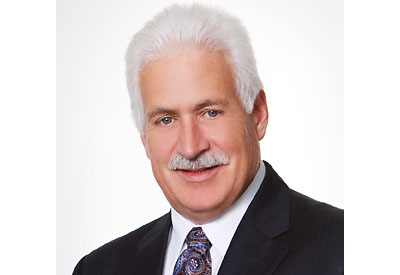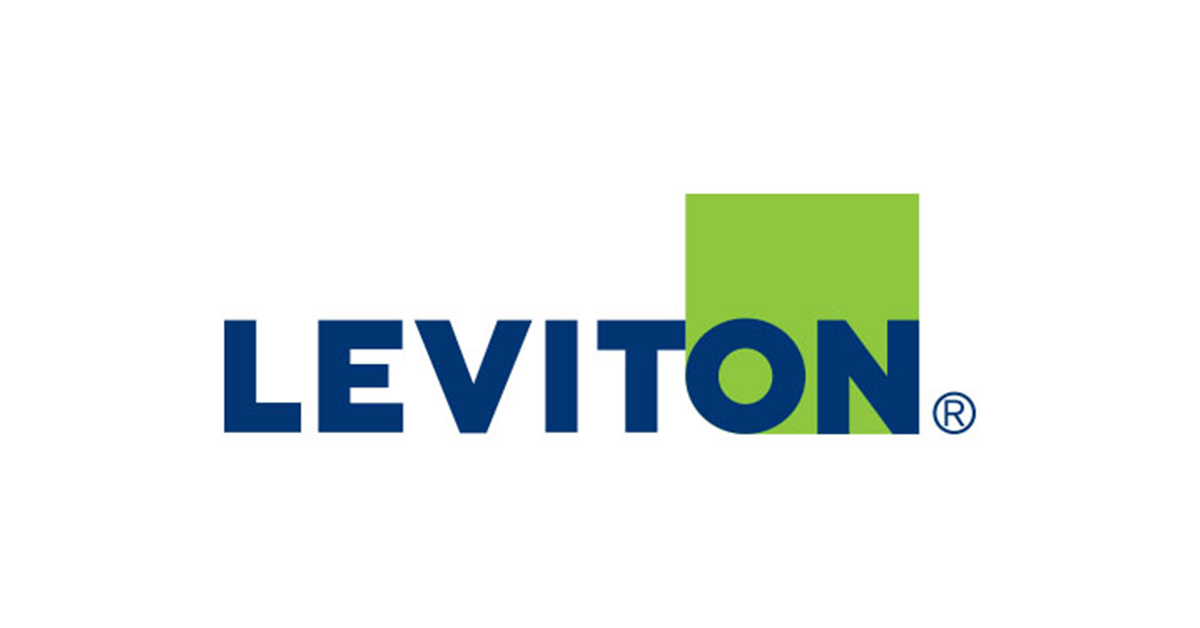O+P=R and a Lower Cost of Sales… The Agent Management Formula

Ocotber 13, 2017
By David Gordon
In the electrical industry, capturing business is a fight for market share. And to win that fight you need the most effective sales organization. One that can get into “the right person at the customer” (be they and end-user, contractor or distributor) to prove your difference. At the same time companies need to do this cost effectively. There is a balance that needs to be maintained. For many manufacturers, the answer is manufacturer sales agents (reps).
To gain a perspective from someone who has “been there, done that,” we reached out to Jason Obetz who has worked for electrical manufacturers (and a distributor in another industry) in senior sales management roles. Jason is currently participating in Channel Marketing Group’s Executive-in-Residence program, sharing his expertise, while he is pursuing his next opportunity within the industry. Jason most recently was the EVP Sales for Omni Cable and prior was VP Sales for All Current.
His thoughts:
Face time with the customer is expensive and limited so your approach is critical to sustained growth. To be clear about “face time,” we are not talking about connecting with your customer on a mobile device; rather, your company’s representative physically visiting the electrical distributor or engineer. I have heard many debates on which sales force (independent agent or direct employee) is more effective in growing sales and which one protects your sales expense line on the P&L. In reality, should it be a debate or is it a function of company and market resources. Size does matter for a direct salesforce — the number of people needed to adequately cover the market times the investment as well as answering the question of, “Is there enough revenue potential in that marketplace to generate the ROI for the direct salesforce investment?”
It is estimated that 70% of electrical manufacturers employ independent sales agents to specify, demonstrate and promote their products on the path to maintaining existing sales and developing new business. And let’s be honest, there are some geographic markets that do not represent significant spend in your product category and couldn’t support a direct salesperson even if you had 100% market share.
The reality is the most effective representation generates the lower cost of sale with the greatest sustained growth.
Agents “eat what they kill” and are paid on what they sell regardless of the many costs associated with capturing the order. As a manufacturer, you can limit your upfront risk by not having a fixed sales cost that could be unproductive and ineffective resulting in a negative impact to your bottom line. Is that really true…? Is your risk mitigated because there is a wall built between your P&L and independent sales representation?
Some of you are probably nodding your head and saying yes. I can hear your thoughts now: “If my agent is not producing, my sales expense remains low. If needed, I can terminate the agent and have another agent hired in 30 days.” All of this maybe true, but what are the costs you already incurred with the time invested to have a non-productive agent? Have you measured lost sales or realized the diminished stock and support position in the channel? Both are difficult calculations to quantify that could place a value on your current representation. What if other agents already have your competitors?
The more effective approach to performance management is in this simple equation: Objectives + Performance = Results (O+P=R).
There has long been a tradition of manufacturers meeting with their agents at NEMRA, NAED and other national meetings to create a framework for developing annual plans. There are some excellent agents that have detailed account strategies, market plans and an objective road map that they will work during the year. How does your management supervise their representatives and ensure focus on your products? It’s important to have clearly defined objectives that start with understanding account potential, market availability, call frequency and the ability to convey your value proposition.
Next, a written sales strategy created by the agent that depicts their intended route to success. The strategy is a methodical plan of the customers, projects and products that will deliver the intended results. In addition, the strategy should include any additional costs to serve, marketing and promotions, incentive agreements and manufacturer participation costs. Lastly, a monthly check-up on progress and quarterly review are needed to ensure the annual plan is being followed and achieved. Yes, this cadence of follow-up and review with the agent takes organization and discipline. Perhaps the manager can plan the review during one of their drop-ins and very expensive “ride along.” This is not to suggest the manager should not conduct visits with his agent. Rather, a planned visit by both the manager and agent that is agenda specific and focused on achieving the annual objectives.
In the end, your agent typically offers a lower variable cost upfront. There are potential hidden costs and a clear financial downside to an underperforming agent. The keys to success in any sales organization is having clearly defined objectives, a logical sales strategy and a consistent review process of the performance.
Whether you are a distributor or manufacturer, what is your formula for effectively managing your sales organization?
If you are a salesperson, what are the traits you most desire (respect) in a sales manager? What “support” / management and performance metrics do you want from your sales management?
Companies that are the most successful have a compassionate metric management culture. One where everyone clearly understands what is important, what key metrics are, and can openly discuss initiatives to achieve common goals. Sounds simple. Unfortunately ,challenging for many.
David Gordon is President of Channel Marketing Group. Channel Marketing Group develops market share and growth strategies for manufacturers and distributors and develops market research. CMG’s specialty is the electrical industry. He also authors an electrical industry blog, www.electricaltrends.com. He can be reached at 919-488-8635 or dgordon@channelmkt.com.










